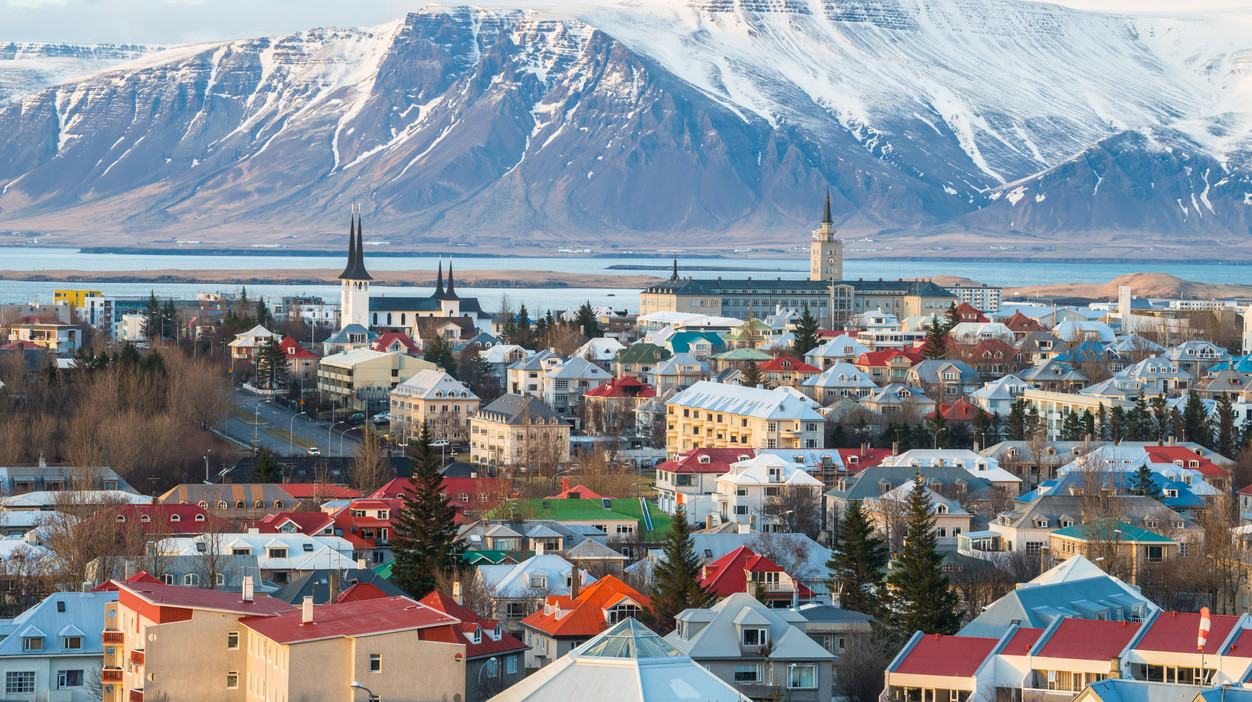Last McDonald's Cheeseburger In Iceland Won't Rot, Is Metaphor For Capitalism
On October 31, 2009, the last McDonald's in Iceland closed for good. In the spirit of scientific curiosity, a Reykjavik marketing consultant named Hjörtur Smárason got in line and purchased a cheeseburger and fries. He'd heard that McDonald's food never decomposed and he wanted to test that theory. He stuck it on a shelf in his garage and then got distracted by the worldwide financial crisis and the loss of his personal savings and forgot all about his scientific experiment. Three years later, while preparing to move to Copenhagen, he discovered it still sitting there. Much to his surprise, it was still intact, like a medieval relic. He promptly donated it to Iceland's National Museum.
McDonald's, naturally, claimed no responsibility for this remarkable feat of food preservation. In a 2013 statement, it said: "In order to decompose, you need certain conditions—specifically moisture. Without sufficient moisture—either in the food itself or the environment—bacteria and mold may not grow and therefore, decomposition is unlikely. ... There are no preservatives or fillers in our patties and the only thing ever added is a touch of salt and pepper on the grill."
The Washington Post decided to revisit this story on the burger's tenth anniversary, but the piece expanded to encompass the entire Icelandic economy over the past decade, including the rise and fall of WOW, Iceland's budget airline; the history of McDonald's presence in Iceland; and the marketing of Iceland as a tourist destination. In short, the burger is a metaphor for capitalism: It can never be destroyed.
The burger itself now lives in a small hotel in Iceland, and Smárason visits it regularly. He says it looks pretty much the same except the wrapper is starting to turn yellow and a few of the fries have disappeared.
